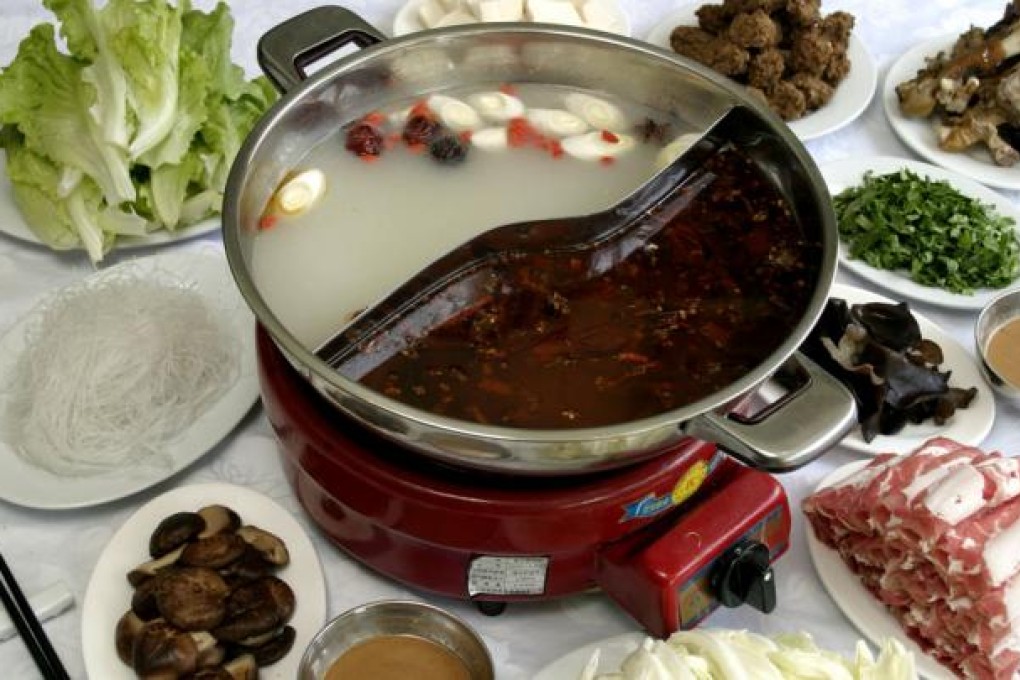Shenzhen hotpot found with high levels of preservatives
Some samples are also found to contain a possible carcinogen that is banned in food production, survey finds

Enjoying a spicy hotpot may be a popular way to keep the winter chill away, but the excessive preservatives found in the dish's ingredients by Shenzhen's market supervision authorities could give some diners pause.

The survey found the preservatives in beef tendon balls, pork balls, beef balls and mushroom balls, which the restaurants had bought from various supermarkets in Shenzhen, according to a Xinhua report yesterday.
Excessive levels of benzoic acid can affect the liver and kidneys. Mainland authorities have zero tolerance for its use in fresh foods, like the meat balls.
Two of 27 hotpot soups sampled were also found to contain either excessive preservatives or the dye rhodamine B, a possible carcinogen that is banned in food production.
The report, which was released over the weekend, provided no details about the level of preservatives found in the food samples. Also unknown was the source of the ingredients - and whether any of them had been exported to Hong Kong.